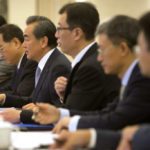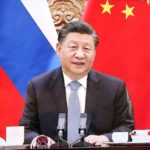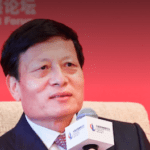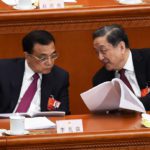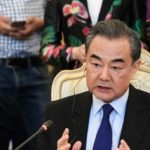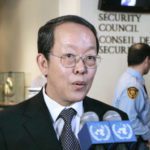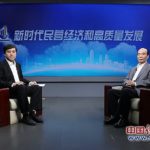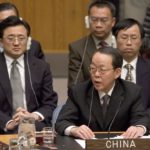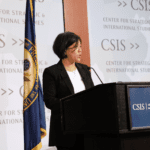Analysis
Newly translated documents discussed in these analyses include: Jump to commentary from: Jeannette Chu | Karen Sutter | Michael Enright Jeannette Chu Vice President for National Security Policy, National Foreign Trade Council Senior Associate (Non-resident), Trustee Chair in Chinese Business and Economics, CSIS Nothing is more top of mind right now for political leaders, government…
As China seeks to further its geopolitical influence, Latin America has become what some Chinese scholars call “the new frontier” of diplomacy. How does Beijing perceive Latin America strategically? What does it tell us about China’s relationship with the U.S. in this region? Three experts from the U.S., Colombia and Argentina weigh in on China’s assessment of Latin America.
Starlink, the satellite internet constellation owned by U.S. aerospace firm SpaceX, has proved a major focus for Beijing and the Chinese security community in recent years due to the technology’s use on the battlefield in Ukraine. In this symposium, key experts analyze insights Beijing is drawing regarding the technology’s broader economic, political, and security ramifications and the future of U.S.-China space competition.
As China faces geopolitical pressure at the high end of the value chain and price competition at the low end, Beijing has made leading-edge, highly-efficient manufacturing capabilities a top policy priority. In this analysis, experts Kendra Schaefer and Cory Combs from Trivium China provide an in-depth overview of this emerging effort, dubbed “new industrialization.”
What insights are scholars in China drawing from the war in Ukraine, over two years on from Russia’s invasion in February 2022? Here, leading experts leverage recently translated scholarship to explore how Chinese analysts weigh the key dynamics, likely trajectory, and broader geopolitical implications of the war.
How is Beijing thinking about the future of cybersecurity governance? In this analysis, cybersecurity expert Dakota Cary unpacks a chapter from the Cyberspace Administration of China’s July 2023 volume, General Secretary Xi Jinping’s Introduction to Important Ideology Regarding China as Cyber Powerhouse, which outlines the CCP’s views for the future of the internet both behind and beyond China’s Great Firewall.
China’s flagship overseas infrastructure investment project, the Belt and Road Initiative (BRI), is entering its second decade. As is evident from recently translated Chinese scholarship on the future of the BRI, Chinese experts diagnose major risks, as well as opportunities, for the initiative going forward, including growing skepticism of Beijing’s objectives among host partner countries. Here, regional analysts explore how countries in Africa, Central Asia, Latin America, South Asia, and Southeast Asia are conceptualizing the future of the BRI and their involvement in the years ahead.
As artificial intelligence (AI) capabilities and applications develop at an unprecedented pace, governments around the world are grappling with regulatory, commercial, and ethical risks and opportunities. Here, two leading analysts examine recently translated documents to assess how Beijing is weighing the risks and challenges of AI, similarities and differences to the approaches emerging in other capitals, and implications for U.S.-China competition.
Recent tensions in the Middle East have drawn global attention to the region, where China’s engagement has grown substantially over the past decade. How does Beijing assess its relationships with states in the Arab world, and how are Chinese policymakers viewing the future of U.S.-China tensions in the region? Experts in China-Middle East relations analyze recently translated Chinese scholarship on Beijing’s evolving strategy for engagement with countries in the MENA region.
Against the backdrop of Russia’s war in Ukraine, the COVID-19 pandemic, and rising tensions with the United States, policymakers in Beijing are increasingly focused on the future of China’s food security. Drawing on newly translated scholarship, leading experts assess how Chinese analysts frame external and domestic risks to their country’s food supply, and the recommendations they have for Beijing to make this supply more resilient and secure.



